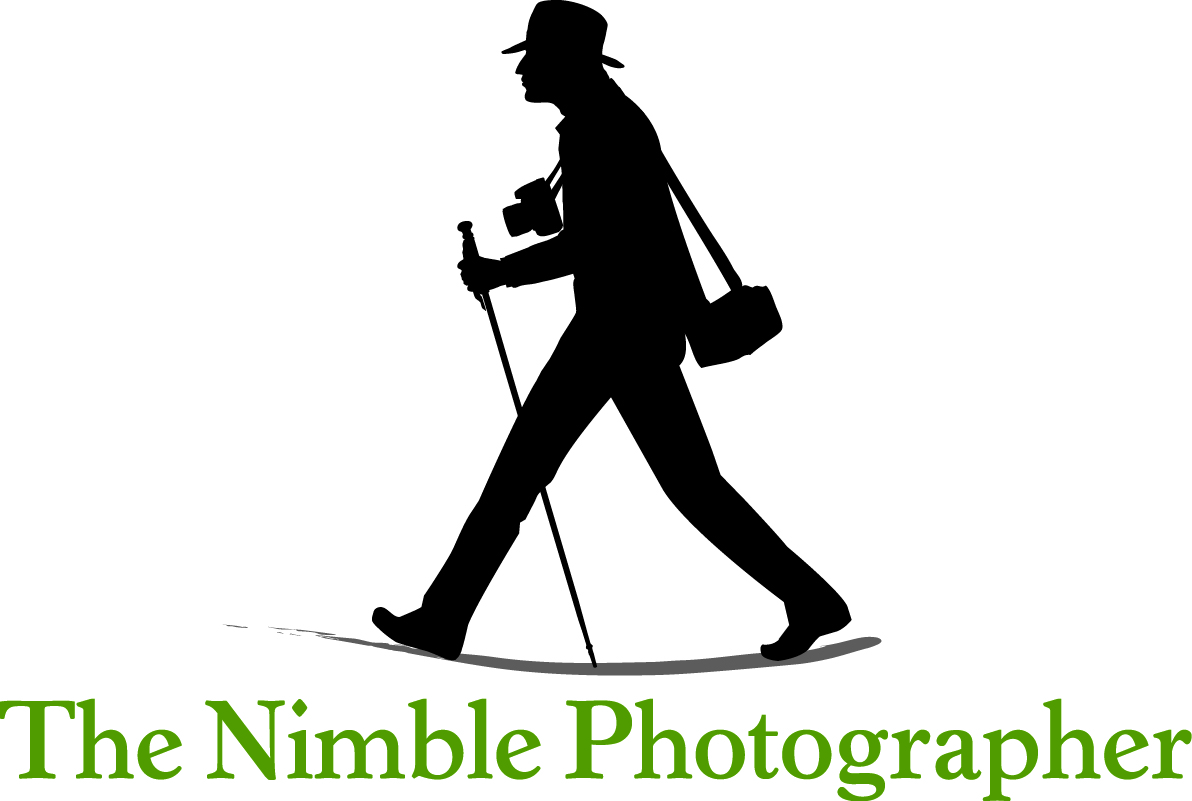Let me back in to this conversation by saying that this all came about because I've been selling some of my photography gear.
As part of my transition from DSLRs to more compact mirrorless cameras, I've shed a few lenses that I'm not using anymore. A big part of my selling success is that the glass is in great condition. These optics have no marks or scratches, and I pack them in the original boxes with all of the accessories.
Customers like this because they can save money compared to purchasing a brand new lens, yet receive something that looks just as good. And this brings me to filters.
From day one, I put protection filters on my lenses. I've been through all of the discussions about how they may compromise sharpness or degrade contrast. (Of course they're telling this to a guy who regularly shoots through hotel and airplane windows. What do I know?)
But the fact of the matter is, you can buy a good multicoated filter with excellent light transmission, or you can cheap-out for a hunk of glass glued into a metal ring. There's a big difference.
For example, I just bought a Hoya 46mm EVO Antistatic UV Filter for my Olympus 17mm f/1.8 prime lens. It features:
- 16-Layer Super Multi-Coating
- EVO Antistatic Coating that Repels Dust, Water, Stain, and is Scratch-Resistant
- Optical Glass Construction
This is a quality optic in its own right, and I don't think my pictures are going to suffer as a result. And since I have many lenses that take this filter size, I will receive years of service from my investment. (I may sell lenses, but I rarely sell filters.)
And this leads me to how I make money with filters. When I sell my lenses, I can list them as "Like New" or "Excellent" condition. This earns me $100-$200 more in revenue for each sale. The front optics are always perfect... they haven't even been cleaned because they don't need it.
I know nobody likes to buy filters (or car tires and things like that). But photographers who are on the go can better protect their gear by shielding that big hunk of glass at the end of their cameras from the elements of the world.
It's not so much an expense, as it is an investment.
-Derrick
